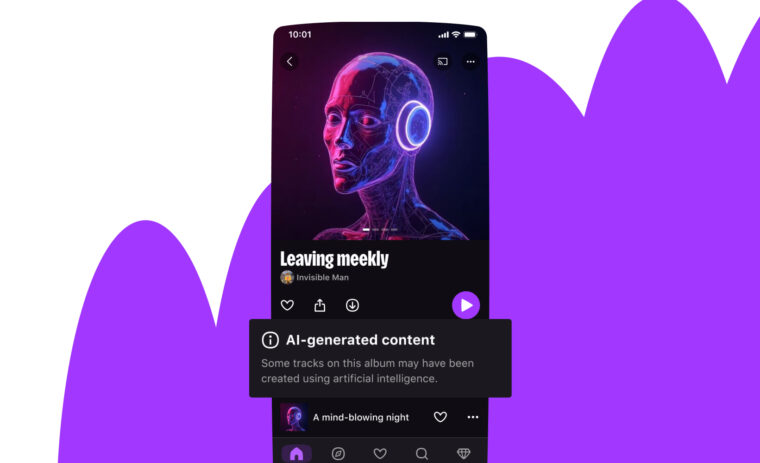Paris, 26.06.2024: Summer holidays give us the time to travel, discover new cultures and perspectives. A recent study shows that our summer trips also can create a lasting change in our taste in music.
With data from global music experiences platform Deezer, researchers from INSEAD, UC-Irvine, and the University of Chicago have shed light on how disruptions in personal routines, including travel, can impact musical exploration and cause changes in people’s tastes and listening habits.
The recent study analyzed over 100 million music streams from tens of thousands of Deezer users in nine countries*. It uncovered a striking pattern: when people visit new cities or countries, their musical preferences become more diverse and connected to the place they’ve traveled to**.
“The findings of this study not only give us insight into how a person’s surroundings can affect their relationship to music, but also show that experiencing new places can have a lasting effect on what we choose to listen to. We are very happy to have contributed data for this study.” said Aurélien Herault, Chief Innovation Officer at Deezer.
The findings show that a temporary disruption in musical tastes is also likely to have a lasting impact even after coming home. This is especially true if the music experience while traveling is more “genuine”.
Imagine a rock fan from London who discovers opera for the first time. Their discovery could either come from seeing a live performance of “Nessun Dorma” in Soho after work, or while traveling in Italy, experiencing the same performance outside La Fenice opera house in Venice. The research suggests that the more genuine Venetian experience can lead to a stronger affinity for opera, making it more likely for the rock loving Londoner to continue enjoying it in the long-term.
The impact of a new musical experience has the potential to be even stronger when a person is traveling to a place with a big “taste distance” compared to their home, and physical distance is not necessarily a factor. This could be exemplified by a person traveling from London to both Johannesburg and Rio de Janeiro. The research shows that the traveler is more likely to adjust their taste to Rio than Johannesburg, thanks to the taste distance.
Rob Staines, TV travel expert, reflected on how the research resonated with his own experience of travel, commenting: “Travel exposes us to new scenery, new scents, new tastes and new sounds. It encourages us to dissolve our barriers and emerge ourselves in the new. Music is intrinsically linked to exploration and discovery, often representing an overtly rich example of cultural discovery.
“My travels have undoubtedly exposed my heart and ears to styles of music which would have remained both undiscovered and unappreciated had I not experienced them whilst in their natural cultural habitat.
“The hypnotic, rhythmic and mystical Qawwalli music I first fell in love with visiting a mosque in New Delhi, became the soundtrack for a life changing trip through India. My penchant for the romantically melancholic and politically driven Portuguese Fado was born from wandering the meandering alleys of Lisbon’s Alfama district. My exploration and passion for the deep baselines of Kwaito music – whilst originating from South Africa – was born speeding through the streets of Kampala on the back of a motorbike taxi.
“Music is representative of the destination from which it originates. It brings you closer to the culture, the lifestyle, the people it represents and it forges a deeper relationship and a clearer understanding of where you find yourself in the world.”
To prepare for your next summer travels, Deezer’s “Travel with music” channel is a destination for users to immerse themselves in the local sounds. The regional playlists are a vibrant showcase of the distinctive music cultures of popular destinations, offering a unique and enriching musical journey.
*France, Germany, the UK, Brazil, Australia, Russia, South Africa, Morocco, and Mexico
**All data was anonymized and approximate location was inferred from reverse geoIP lookup. None of the shared info could be traced to individual users.





